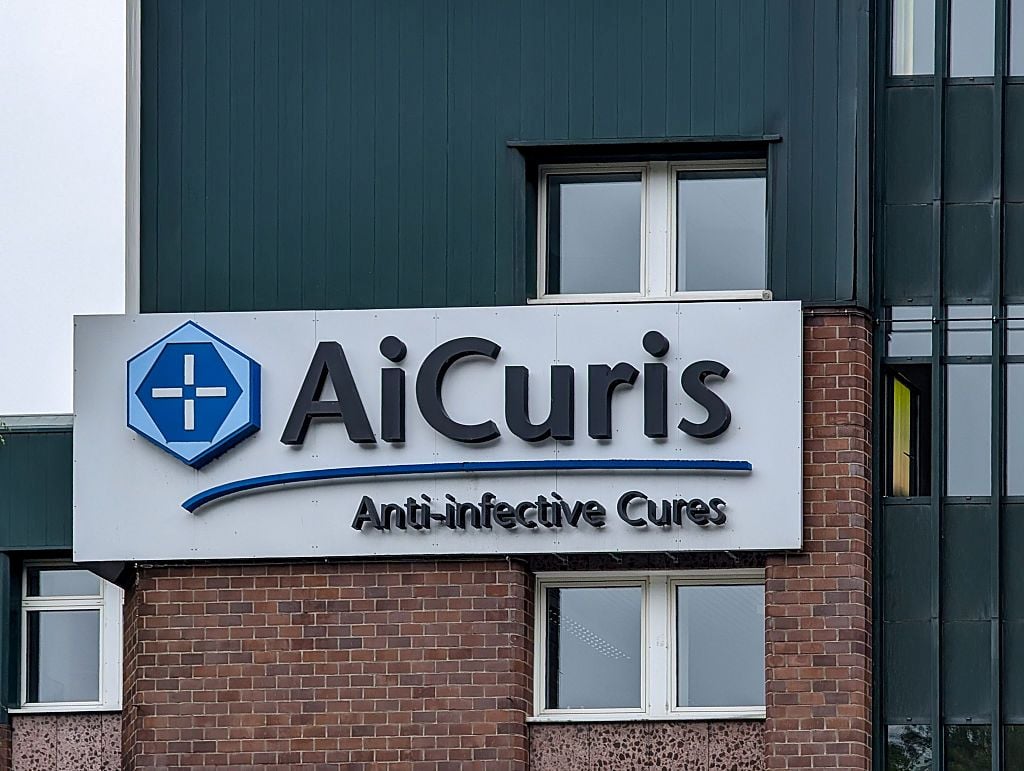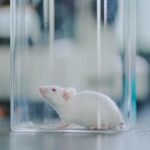In the mid-1990s, researchers identified the viral helicase–primase enzyme complex as a target for a potential anti-herpes simplex virus (HSV) therapy. Three decades later, the first promising treatment to emerge from this area of study has taken a giant step toward reaching the market.
Aicuris has reported the success of a phase 3 trial, which has demonstrated the superiority of oral antiviral pritelivir compared to standard-of-care (SOC) treatments in healing lesions of immunocompromised patients with refractory HSV infections, with or without resistance (R+R).
After treatment for up to 28 days, patients on pritelivir saw a statistically significant difference in the healing rate of their lesions compared to patients who received an investigator’s choice of SOC treatments, such as acyclovir, valacyclovir, famciclovir or foscarnet. This demonstrated superiority of pritelivir in the 158-participant study allowed it to achieve its primary endpoint.
“We will now rapidly advance our New Drug Application submission to the FDA and we look forward to presenting a comprehensive analysis of these positive results at a medical conference next year,” Aicuris CEO Larry Edwards said in an Oct. 16 release.
The trial is important because refractory HSV infections “pose a significant challenge for patients whose immune systems are impaired,” according to Cynthia Wat, M.D., the chief medical officer of Aicuris.
Immunocompromised patients are susceptible to more severe, lengthy and refractory HSV infections that do not respond to SOC treatments, Aicuris pointed out. The outbreaks can cause painful lesions and can increase the likelihood of hospitalization and the spread of the infection.
“With encouraging safety, convenient oral dosing and the statistically superior efficacy in treating R+R HSV as demonstrated in this pivotal trial, pritelivir could be a paradigm shift for immunocompromised patients globally,” Wat added.
An approval of pritelivir—which targets both HSV-1, which is primarily spread through oral contact, and HSV-2, which is primarily spread by genital contact—would bring a new mechanism of action to HSV treatment. Unlike traditional antivirals, pritelivir blocks viral DNA synthesis by inhibiting the helicase-primase complex, the company explained.
Since pritelivir does not rely on activation by viral enzymes, it can “overcome HSV infections that are R+R to SOC treatments,” added Aicuris, a 2006 spinout of Bayer based in Wuppertal, Germany.
Aicuris’ nearly two-decade history includes the development of Prevymis, which scored an FDA approval in 2017 and is marketed by Merck under a 2012 licensing deal. The antiviral, which prevents cytomegalovirus infection and disease, has generated sales of $436 million in the first half of this year.



